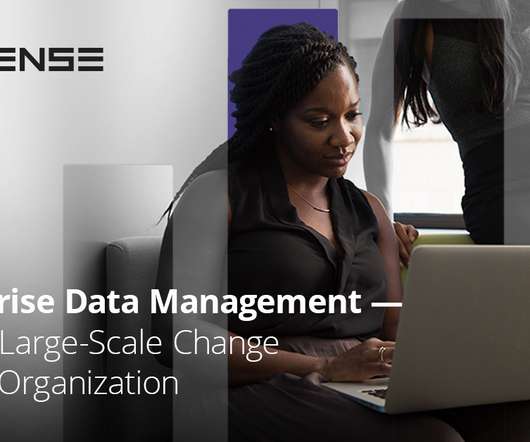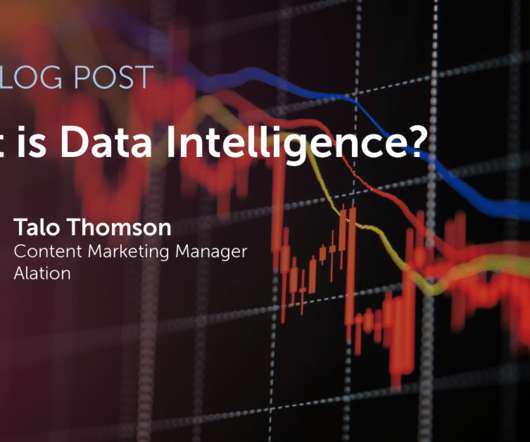Serving the Public Through Data
Cloudera
SEPTEMBER 29, 2021
Digital transformation has been talked about for many years, but the pandemic has accelerated the digital transformation journeys for many enterprises. While going digital may be commonly associated with the private sector, governments and the organizations in the public sector have much to gain by going digital as well.














Let's personalize your content